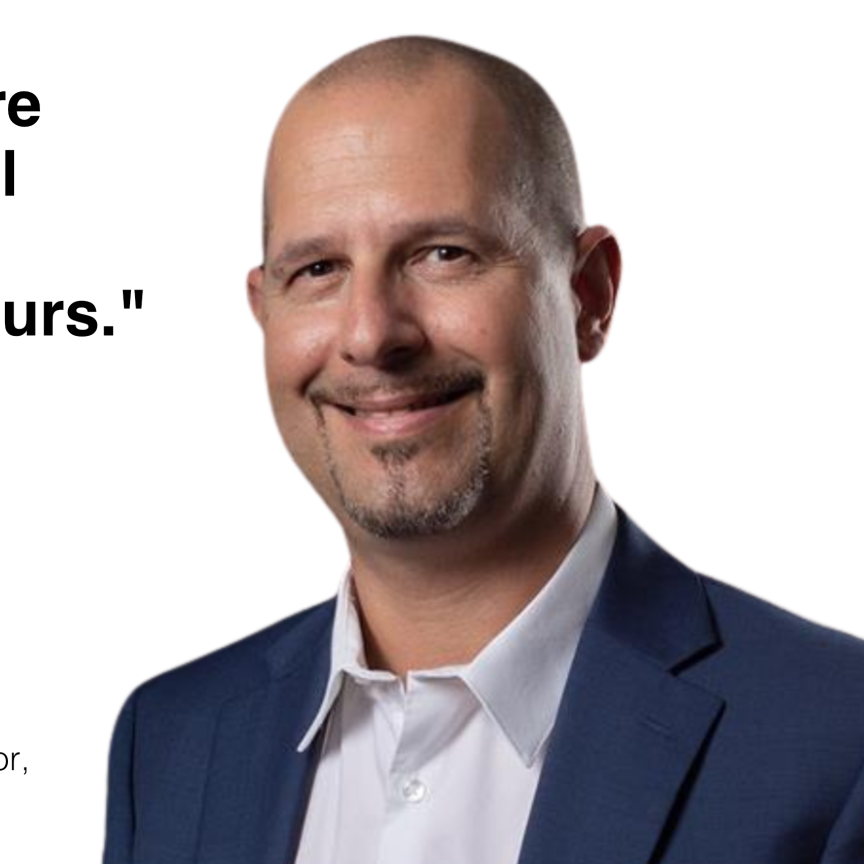The European Machine Vision Association (EMVA) has opened a call for papers for its Young Professional Award. Applicants have until 21 April to submit an entry.
The annual prize honours outstanding and innovative work undertaken by a student or young professional in the field of machine vision or image processing. The focus is strongly on innovation and industrial applicability.
The winner will be announced at the15th EMVA business conference, taking place 22 to 24 June in Prague, Czech Republic. Tolga Birdal, working for Siemens and the Technical University of Munich, won the 2016 award for his work on 3D digitisation.
To be considered for the award, the work has to be in the field of vision technology with industrial relevance. Commercialisation of a novel, competitive product should be intended, but implementation in industry at the time of submitting is not a requirement. The work can be either a master thesis or a PhD-level thesis.
The work has to be made within the last 12 months by a student or young researcher at a European institution or in collaboration with a European institution. Direct collaboration with a company is a necessity. The applicant can have entered employment since completing the work.
The EMVA aims to support innovation in the machine vision industry through its award. The goal is to contribute to dedicated machine vision education and to provide a bridge between research and industry.
EMVA president Jochem Herrmann commented that the award offers young people in the machine vision community the opportunity to prove that they can apply the skills acquired during study in a practical environment. Because the award criteria stipulate mandatory direct collaboration with a company, this closes the gap between academic research and feasibility of the work under market conditions, Herrmann added.
‘EMVA has a mission to contribute to all aspects that foster young talent,’ Herrmann said. ‘Only with bright young minds, the ongoing innovation processes our industry depends upon are further nourished.'
He went on to comment that the industrial vision sector faces stiff competition from other high-tech companies, and that it's difficult for machine vision firms to entice talented young scientists to take employment in the area.
‘Young [scientists and engineers] today have many more opportunities than only a decade ago,’ he said. High-tech consumer companies invest huge amounts of money in image processing, in the area of machine learning, for instance, he remarked, saying that this attracts many more young scientists than job opportunities in the manufacturing sector.
In addition, 'a lot of students that have developed an expertise in image processing still choose an academic career instead of joining a company after their PhD,’ he said. ‘We should also bear in mind that industrial vision is a multidisciplinary activity and we want to attract young talent from related fields such as electronics or optical design.’
The winner will receive €1,500, a free conference pass and travel cost reimbursement to the EMVA business conference, together with a presentation slot during the conference.
The application should consist of a two-page abstract in English describing the work, along with a short biography of the author. This should be submitted to the EMVA secretariat, Célina Ruppert, at ypa@emva.org, by 21 April.
Related articles:
Engineers of tomorrow - Greg Blackman investigates the initiatives the machine vision sector is undertaking to inspire the next generation of engineers

